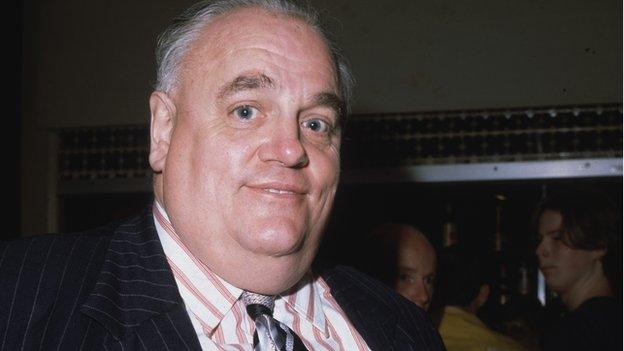Rochdale inquiry: MI5 'told of Cyril Smith abuse case lie'
- Published
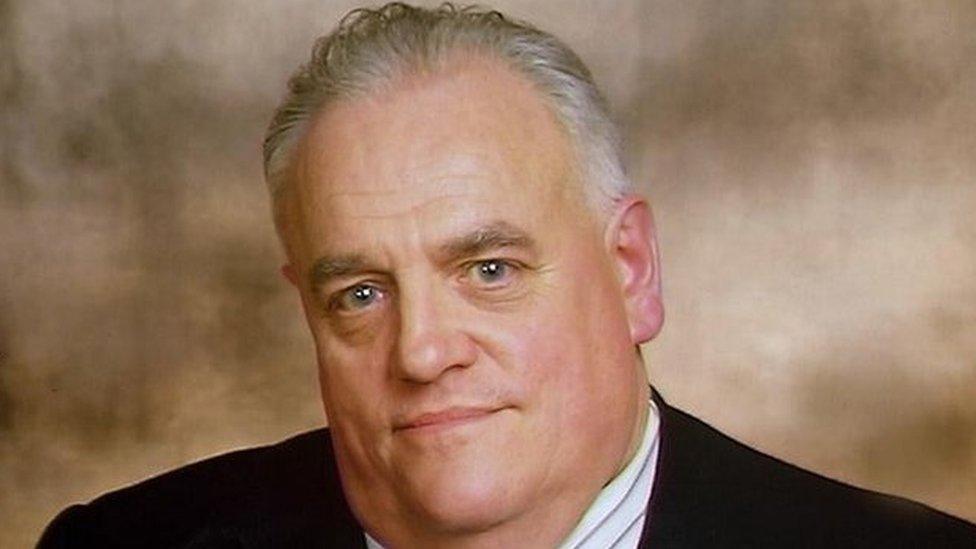
Former Rochdale MP Cyril Smith was a governor at Knowl View
MI5 was made aware prosecutors lied to the press over the existence of a Cyril Smith child abuse file, an inquiry heard.
Detectives had said the "sordid" claims about the late MP's alleged abuse of young boys in 1970 "stood up".
No charges were brought, but in 1979 the Director of Public Prosecutions (DPP) lied to the press over the case.
The national inquiry is examining how Smith was allegedly able to target boys in Rochdale institutions.
The Independent Inquiry into Child Sexual Abuse (IICSA) heard how the investigation into Smith had "illuminated" wider abuse suffered by the boys.
'Veneer of respectability'
In 1988, when Smith was made a knight, then Prime Minister Margaret Thatcher had probably been informed of his chequered past, it was told.
The hearings are focusing on alleged offences at Cambridge House hostel and the Knowl View residential school in Rochdale, where Smith was a governor.
Kevin Griffiths was abused at a Rochdale care home as a teenager in the 1960s by Sir Cyril Smith, he alleges
A police probe into the MP in 1970 - the year he first ran for national office - concluded he was hiding behind a "veneer of respectability" to target eight young boys at Cambridge House during the 1960s.
In his opening statement, counsel to the inquiry Brian Altman QC, said Sir Norman Skelhorn - the then DPP - claimed the police inquiry was unlikely to lead to a prosecution.
This was followed nine years later, Mr Altman said, when MI5 was informed the Rochdale Alternative Press (RAP) was told by Sir Norman's successor, Thomas Hetherington, there was no record of the 1970 case.
At the time, the RAP had just published an investigation into Smith.
MI5 documents
According to the records, the DPP told the publication it had never received police reports of abuse by the Liberal MP.
But two MI5 documents - "notes for file" that were written by the security service's then legal adviser - were read out by Mr Altman.
The first, dated 24 April 1979, recorded that Mr Hetherington "telephoned me today to say a man named David Bartlett, representing RAP in Lancashire, had telephoned about a gross indecency case involving Cyril Smith and boys at a hotel in Rochdale, which an unnamed senior police officer had asserted had been sent to the DPP in 1970.
"After consultations, the DPP's press representative had untruthfully told Bartlett that they had no record of this case. In fact, their file closely accorded with the details given by Bartlett."
The second note, from the same day, recorded "the DPP telephoned me again late this morning to say that they had now had an inquiry about the 1970 investigation from the Daily Express" which had been told "the DPP had no record of this case."
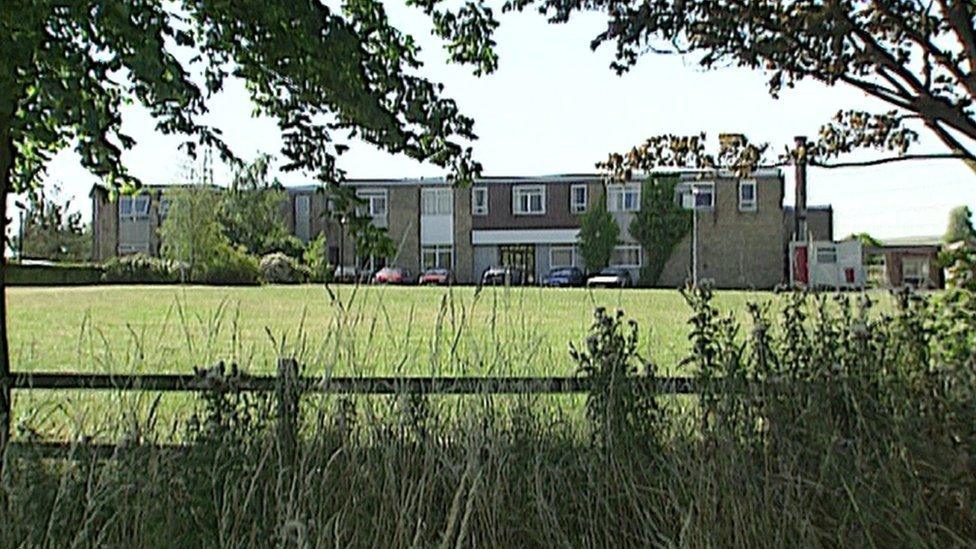
The inquiry will examine claims of a cover-up over Knowl View
The inquiry had heard how a detective superintendent at Lancashire Police made an "unsparing" report about Smith to the force's chief constable in 1970.
The report said: "It seems impossible to excuse his conduct over a considerable period of time whilst sheltering behind a veneer of respectability.
"He has used his unique position to indulge in a sordid series of indecent episodes with young boys towards whom he had a special responsibility."
Smith was the subject of sex abuse claims over decades during his career but was never prosecuted and received the knighthood before his death in 2010.
'False representations'
Mr Altman said of material provided to the inquiry by MI5: "The documents show that the Security Service's legal adviser was informed of the false representations to the press from the DPP's office."
The hearing was also told a draft letter from Lord Shackleton on behalf of the Political Honours Scrutiny Committee to Mrs Thatcher had directly referred to the police investigation and coverage in RAP and Private Eye.
While it is not clear whether the prime minister received this letter, another letter enclosing the coverage is believed to have been sent to her private secretary in May 1988.
Mr Altman told the inquiry the letter demonstrated that the police investigation and the RAP article had been "considered at the very highest level of politics" and seemingly "did not prompt more than consideration of the DPP's decision not to prosecute".
- Published20 September 2017
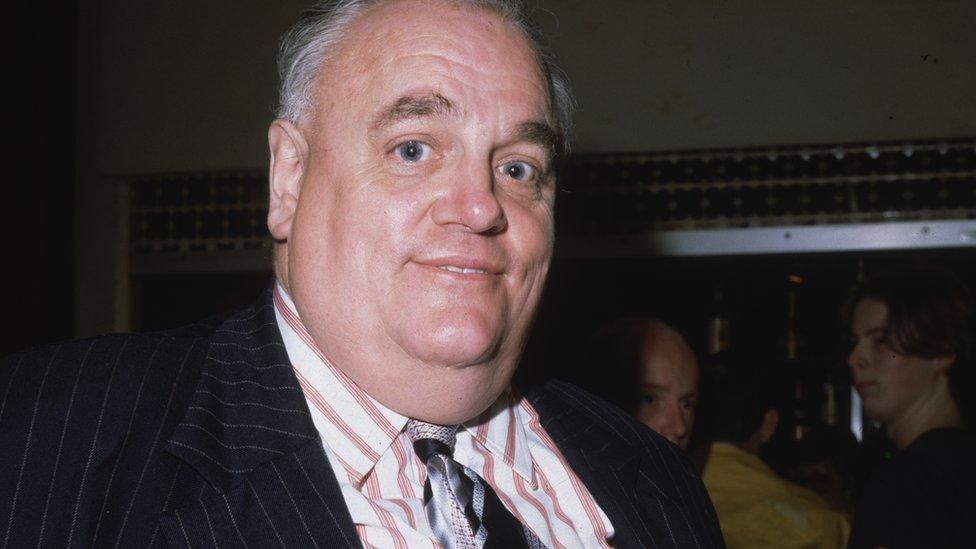
- Published19 September 2017
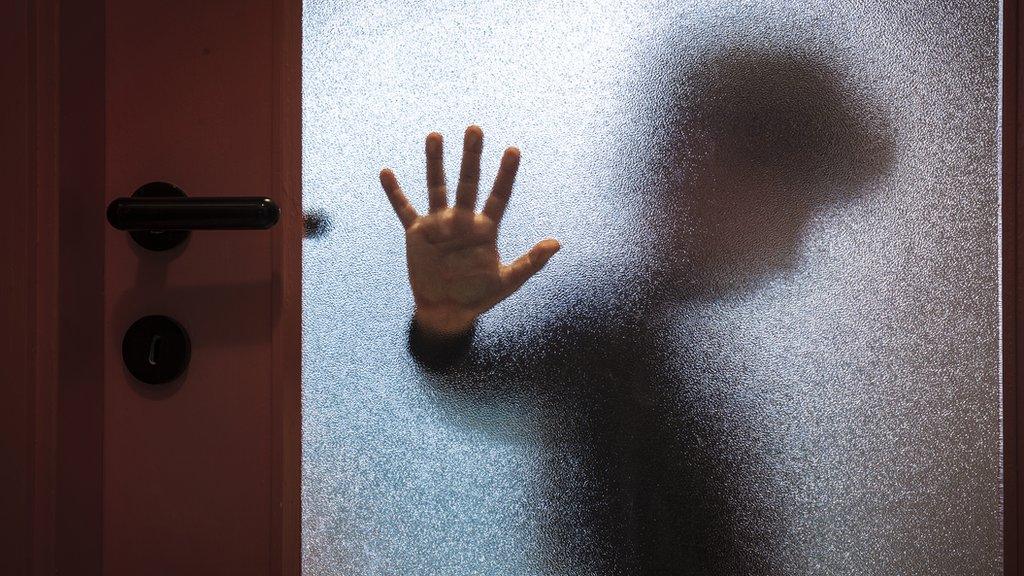
- Published8 February 2017
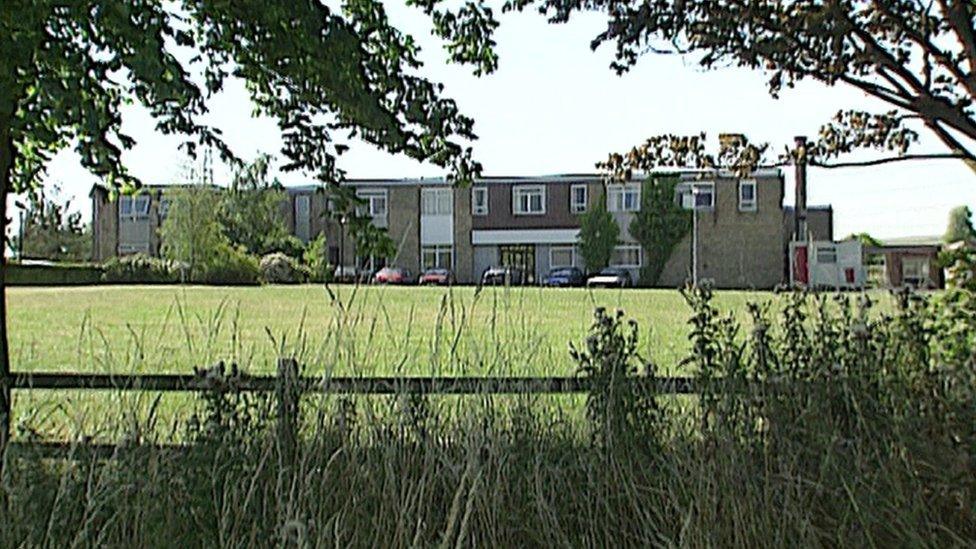
- Published15 September 2014
